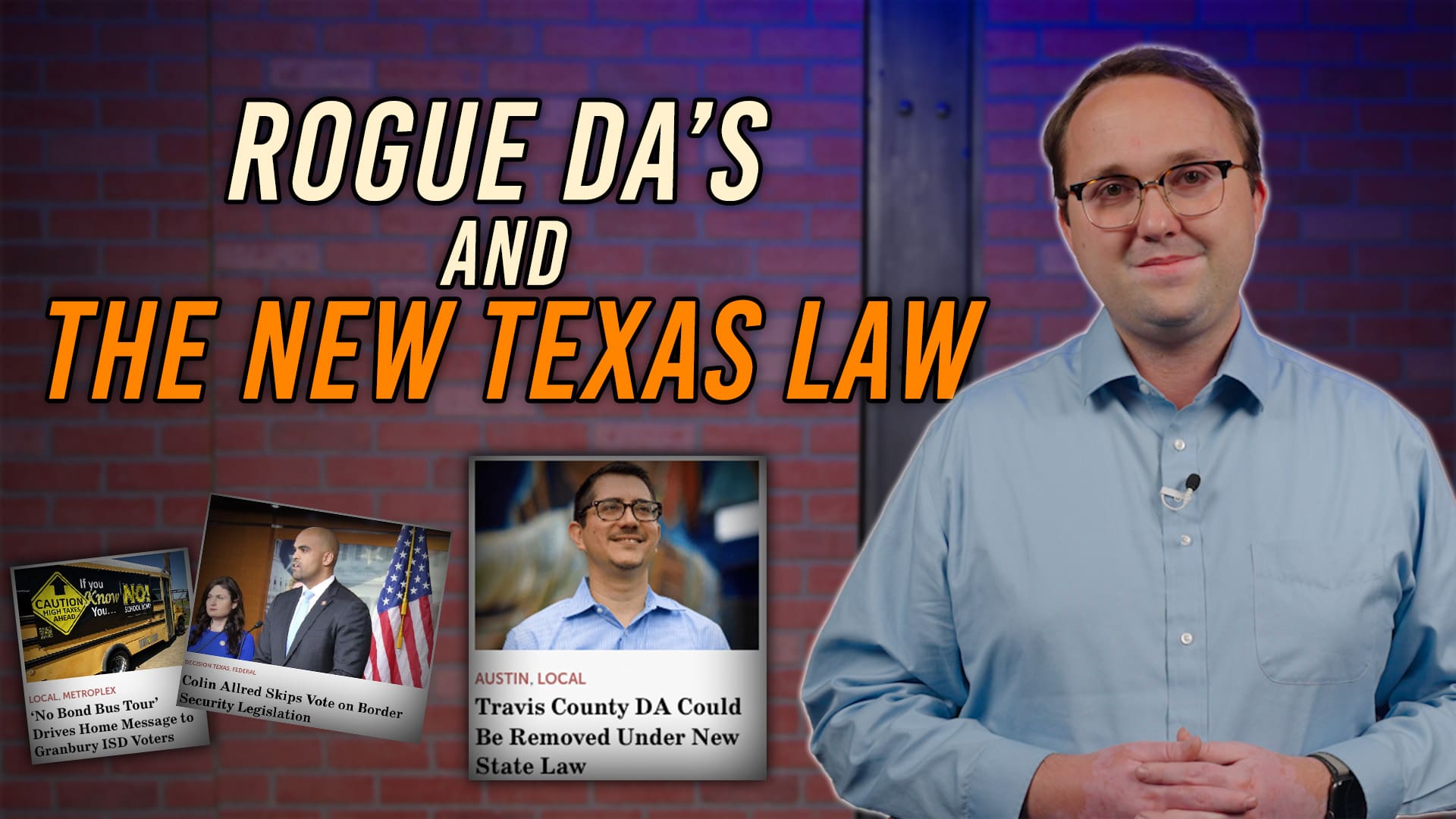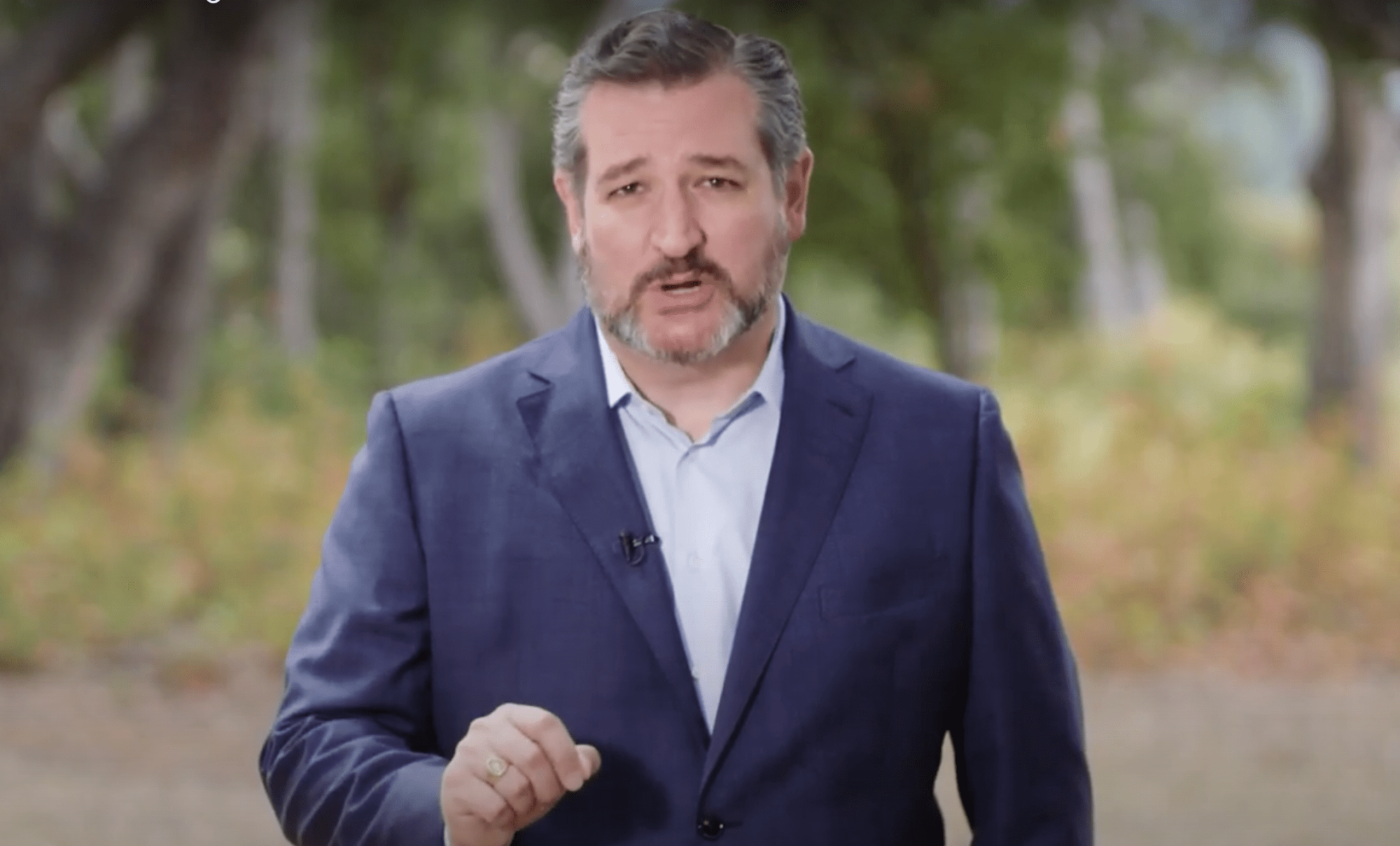As Republicans in the Texas Legislature celebrate their “accomplishments” this session, a wave of populist anger is rising toward them from disappointed grassroots activists.
The western world, with a few exceptions, seems to be in an era where political parties increasingly refuse to listen to the everyday citizens. Feeling wholly ignored, voters are becoming increasingly rebellious against the parties that they traditionally identify with—a movement conservative and former Canadian Prime Minister Stephen Harper calls an “age of disruption” in the political arena.
This “age of disruption” has spread like wildfire, in part, because advancements in technology have made it easier for voters to communicate and mobilize together. Movements can multiply rapidly and, if a political force taps into them, the disruptive effect can accelerate. President Donald Trump was able to do this in 2016.
Yet, curiously, Texas Republicans seem blissfully ignorant of the situation, unable to adapt to what they have yet to acknowledge. Worse still, few (if any) have accepted responsibility for a disheartening 86th Legislature.
Republicans went on a spending spree to grow government while barely touching grassroots priorities like securing election integrity, banning taxpayer-funded lobbying, or expanding pro-life or Second Amendment protections. At the very last minute, Republicans did manage to scrape together property tax relief for already overburdened taxpayers. Unfortunately, what they came up with only meets the bare minimum of “relief.”
Incredibly, Republicans are now doubling down on their talking points, claiming this session was a tremendous victory, that they know better than the grassroots.
Grassroots activists in Texas disagree. Across social media, the fury is palpable. People are furious at just how little this so-called “new day” session accomplished for them, in spite of Republican control of both Houses and the many promises made to them.
It’s unsurprising, considering the process that leads to political disruption: Everyday citizens cry out, but their political party doesn’t listen.
What happens then? The grassroots respond in kind, delivering disruptive change at the ballot box.
Take Britain, for example: Their mainstream conservative party didn’t keep their word to deliver Brexit this year. So, they got hammered in the local elections and the European Union elections in May—the latter wouldn’t have happened had Britain left in March. Conservatives went from 19 seats in the E.U. Parliament to just four. Meanwhile, the very young Brexit Party, led by “Mr. Brexit” Nigel Farage, won an astonishing 29 seats, taking votes from both the left and the right.
Also consider Australia in 2016, when Prime Minister Malcolm Turnbull started leaning their mainstream conservative party leftward; he went from a massive majority to barely retaining enough seats to stay in power.
And, of course, Trump.
Texas Republicans need not suffer similar fates.
In his book “Right Here Right Now,” Prime Minister Harper provides a blueprint for conservatives to survive and thrive, arguing that it’s time for them to focus on the issues affecting people today and apply practical solutions based on conservative beliefs.
“Conservatives need to get back into the policy game by learning more from [President] Reagan’s method of applied conservatism,” Harper writes—policies like delivering substantial property tax relief and serious election integrity reforms.
If they fail to do this, Harper cautions that voters could turn to the left, leading to policies that will make life harder and more painful for the oft-forgotten working men and women.
And if that happens, Republicans will be at fault because they chose not to listen to the people that elected them.
2020 will show what price many of these elected Republicans will pay for their “dome disease,” but in an age of disruption, either the party moves with the people or the people will move you.





